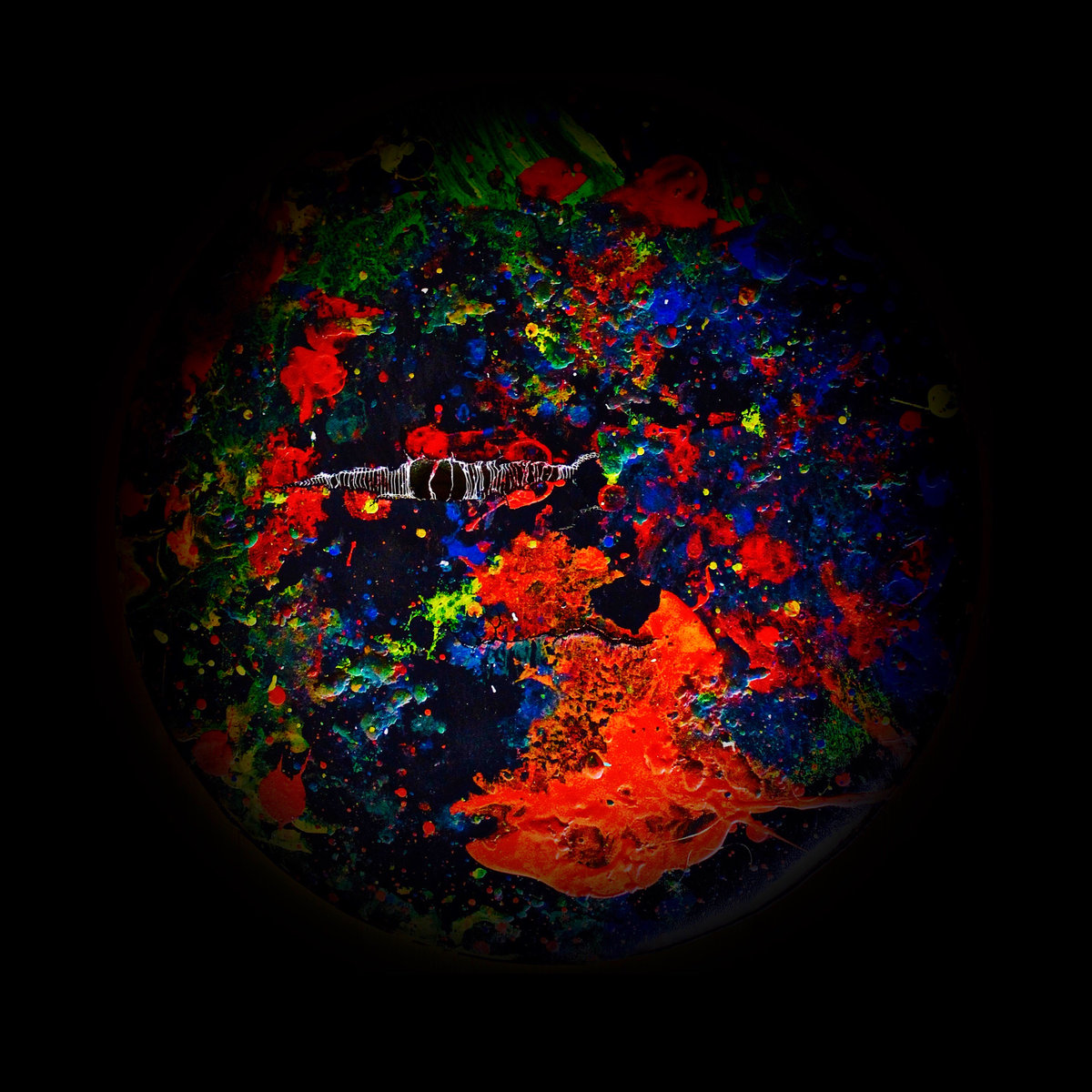But the thrill of the band’s evolution, the thumping, oxygen-flooded heart of those heady ambitions, comes down to pure mystery: what kind of band will Dove Lady be at the end of all this? Song by song, Andrew Thawley and Jeremy Ray are engaged in a game of musical pointillism, brushing a few new dots onto a canvas that, as of EP F, we’re still seeing up close. Years from now, when we stand back at the close of EP Z, what sort of cohesive image will (or could) emerge from the expanding cacophony of genres spilling out of these two?
And yet, like all of their previous works thus far, F is an album obsessed with moments, cohesion be damned. Dove Lady sinks their teeth into melodies with a uniquely rabid dedication to impulsive leaps in songwriting logic. No idea is safe or sacred. No song too pretty or catchy to escape a little bit of mutilation. At its furthest extreme, this philosophy coughs up a real head-turner on “Education Soul Connection.” Chopped up, spidery funk-rock riffing rides down the scales into a blend of gooey, yearning psych-rock reminiscent of Unknown Mortal Orchestra, before growing a pair of legs and hoofing it off into oblivion with a passage that pairs a Cash-style western drum shuffle with an explosively jagged math-rock lead guitar line. By the time the dust settles in your ears, you’re halfway through noise anthem “Volleyball, Volleyball Star Captain,” shaking it to a sweaty, palm-muted riff and the titular chant for the cartoon superhero you never knew you needed.
For all the muscular shredding and complex time signature noodling to be had on F, the EP is not without its quieter, more meditative moments. Opener “You Are All My People” is their most convincing attempt at lo-fi ambience so far. Looped piano, field recordings, and scrapped, Gamelan-style guitars squash, bend, and reverse into an immersive digitized swamp, saturated with humid texture à la Deerhunter. And the back half of “Let It Shine,” where the band quickly trades in the more anthemic opening for a slinky doo-wop waltz, soothes even as it theorizes that “acceptance is a sore thing.”
But on that slippery final track, “Occupation,” Dove Lady gel into their finest moment, peppering spoken-word monologuing about the wave of nationalist fear-mongering spreading across the country over synth chops and a diseased-sounding, moaning chorus, mocking the new-wave schmaltz of U2’s “With Or Without You” with both a wry grin and a heavy heart. It’s pop gone awry for a country lost at sea. Dove Lady are leading us somewhere, the map held tightly to their chests. Breadcrumb by breadcrumb, dot by dot, they challenge us to enjoy the pit stops, to see one color at a time. And so far, it’s working.





